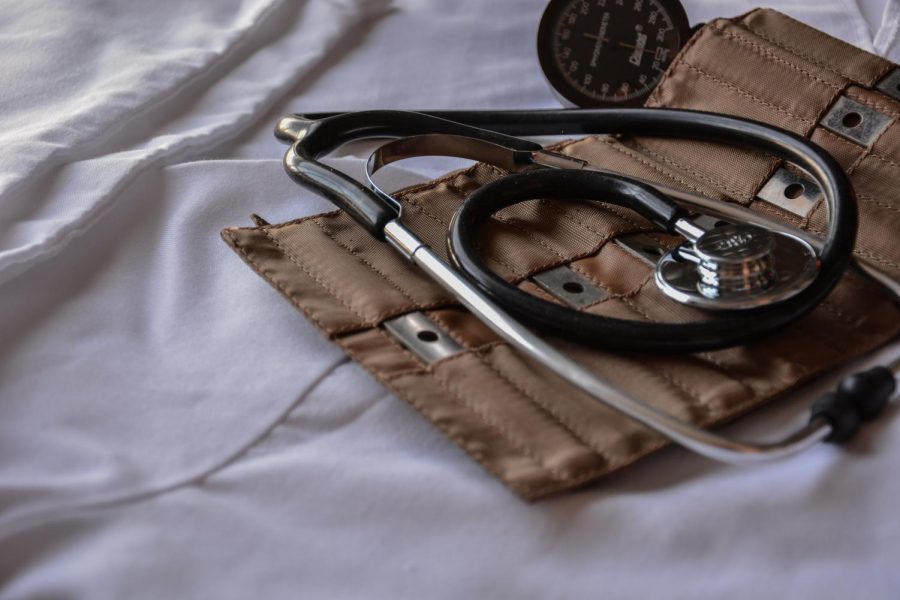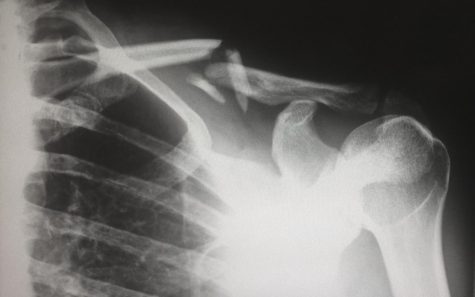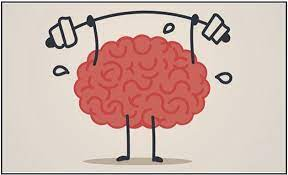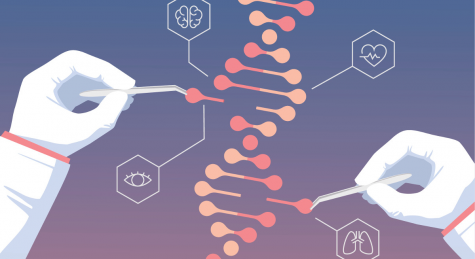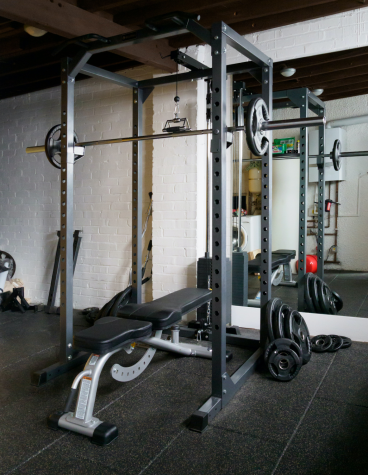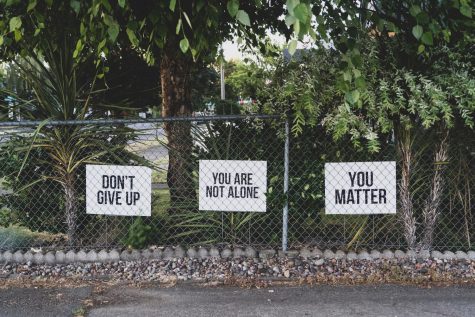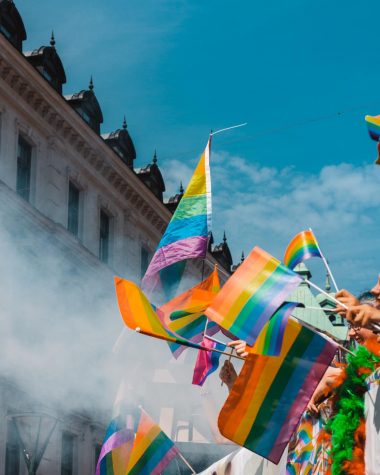Discrimination in the Health Care System Against the LGBTQ+ Community
In a world where discrimination has become a norm in everyday life, how has it affected people? How have people reacted to it? What can we do to change it? Health care is one of the many ways that society oppresses people in the LGBTQ+ community, and, in some cases, it can be deadly. It could be something as subtle as purposely misusing pronouns, or as serious as denying someone care just because of their preferred gender orientation. It has gotten to the point that millions of people are scared to see a doctor or other medical professional out of fear of being mistreated. “The 2015 U.S. Transgender Survey found that nearly 1 in 4 transgender people (23 percent) had avoided seeking needed health care in the past year due to fear of discrimination or mistreatment due to their gender identity” (Mirza and Rooney, 2019). It has gotten to the point that people would rather be in physical pain than have to go through the torture of having it treated. We live in a society where people are judged for who they are; a society where people are scared to show their true colors. If we don’t make a change now, then things will only get worse.
There is a common misconception that people in the LGBTQ+ community were only discriminated against in the past, but there are multiple accounts where this is not true. What is true is that the ACA, or Affordable Care Act, was passed in 2010 by the Obamacare administration, and this made it illegal for healthcare professionals to discriminate against someone because of their gender or sexual orientation. However, the Trump administration and other conservative stances are actively trying to abolish these laws even now, in 2020. In some cases, the discrimination has even lead to death, like when a predominantly suicidal transgender teen was sent to a hospital where he was constantly misgendered and then released early. This teen later committed suicide because he could not get the help that he needed. In another, less serious example, a man told one of the staff that he got HIV while having sex with another man, and “the hospital staff refused to provide his HIV medication” (Mirza and Rooney, 2019). These are only two of the millions of examples of oppression in the current system, and honestly, discrimination will most likely not be completely abolished for many years to come.
Now, let’s take a look at past discrimination because there is much, much more. In a way, this is a good thing because it means that we are improving, but the fact that we are improving means that we recognize the problem and still haven’t done enough to fix it. The very first thing that comes to mind when I think about LGBTQ+ healthcare from 40 years ago is the AIDS epidemic. At one point, AIDS was nicknamed “gay cancer” and, because of this, there was fear in the public’s mind when they thought of the gay community. People would often get HIV, or Human Immunodeficiency Virus, but be afraid to go to the hospital because they knew that they would get labeled as gay. HIV is a virus that weakens your immune system drastically and can lead to AIDS if left untreated, and since there was no treatment when it first arose, getting it was usually a death sentence. Since same-sex marriage was illegal at the time, gay men who were dating weren’t allowed to see each other in the hospital, and because of this, they would often die alone with no one by their side. Along with being alone, they would also be discriminated against often as some employees would “refuse to touch patients or do physical examinations” (Stringer, 2016) if a patient had HIV/AIDS. They were scared and alone, or so they thought. Since the outbreak started, the LGBTQ+ community has been fighting for their equal rights in an ongoing battle with political leaders and the Supreme Court. They are making a difference.
In conclusion, the LGBTQ+ community has been discriminated against greatly in the United States health care systems. Whether it was in the past or the present, members of the community often spend every day fighting for their rights. Even so, when something terrible is happening they are able to persevere and make a difference. For example, Sylvia Rivera, a transgender woman, was orphaned by the time she was three and homeless by age 11. Sylvia was brought in and raised by a group of drag queens who gave her her name, and later became an advocate for homeless transgender/gay youth with her friend Marsha P. Johnson. The two of them founded the group STAR, also know as Street Transvestite Action Revolutionaries. The LGBTQ+ community is full of strong-hearted, passionate people and they don’t deserve what has happened to them. If everyone cared about making the world a better, safer place like many people in the LGBTQ+ do, then we would all live in that better and safer world. Instead, people often discriminate, oppress, and judge. Everyone deserves fair healthcare and equal rights. Everyone is a human being and deserves to be treated as such.
CITATIONS
Ahmad Mirza, S., & Rooney, C. (2019, August 13). Discrimination Prevents LGBTQ People From Accessing Health Care. Retrieved October 19, 2020, from https://www.americanprogress.org/issues/lgbtq-rights/news/2018/01/18/445130/discrimination-prevents-lgbtq-people-accessing-health-care/
Stringer, K., Turan, B., McCormick, L., Durojaiye, M., Nyblade, L., Kempf, M., . . . Turan, J. (2016, January). HIV-Related Stigma Among Healthcare Providers in the Deep South. Retrieved October 20, 2020, from https://www.ncbi.nlm.nih.gov/pmc/articles/PMC4718797/
Secretary, H., & (OCR), O. (2020, September 16). Section 1557 of the Patient Protection and Affordable Care Act. Retrieved October 27, 2020, from https://www.hhs.gov/civil-rights/for-individuals/section-1557/index.html
Sylvia Rivera. (2020, October 27). Retrieved October 28, 2020, from https://en.wikipedia.org/wiki/Sylvia_Rivera
